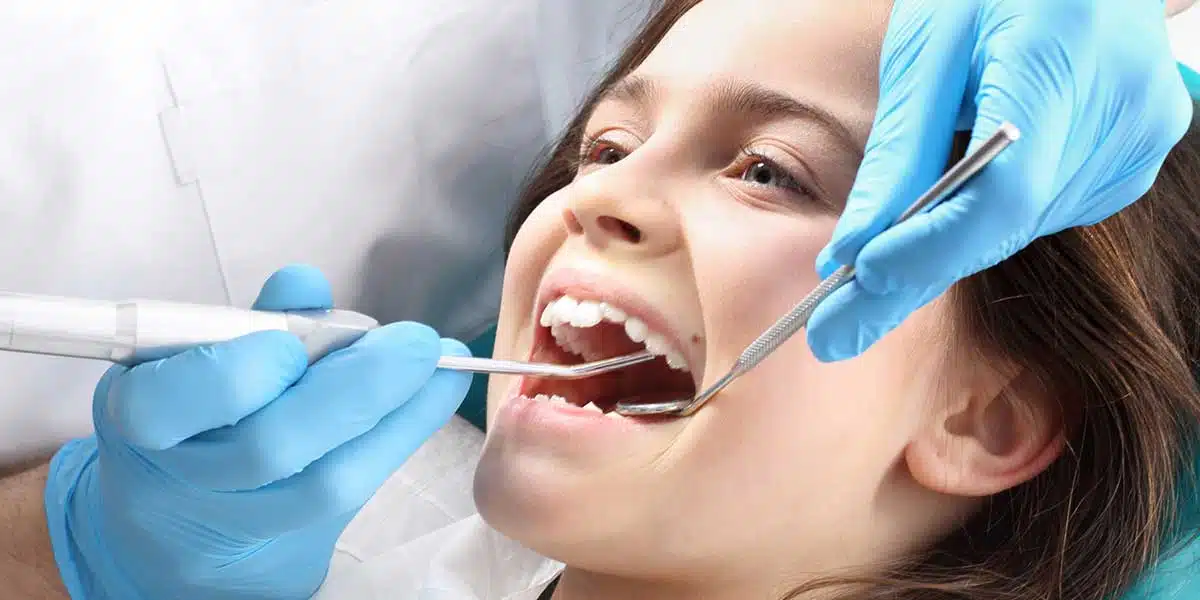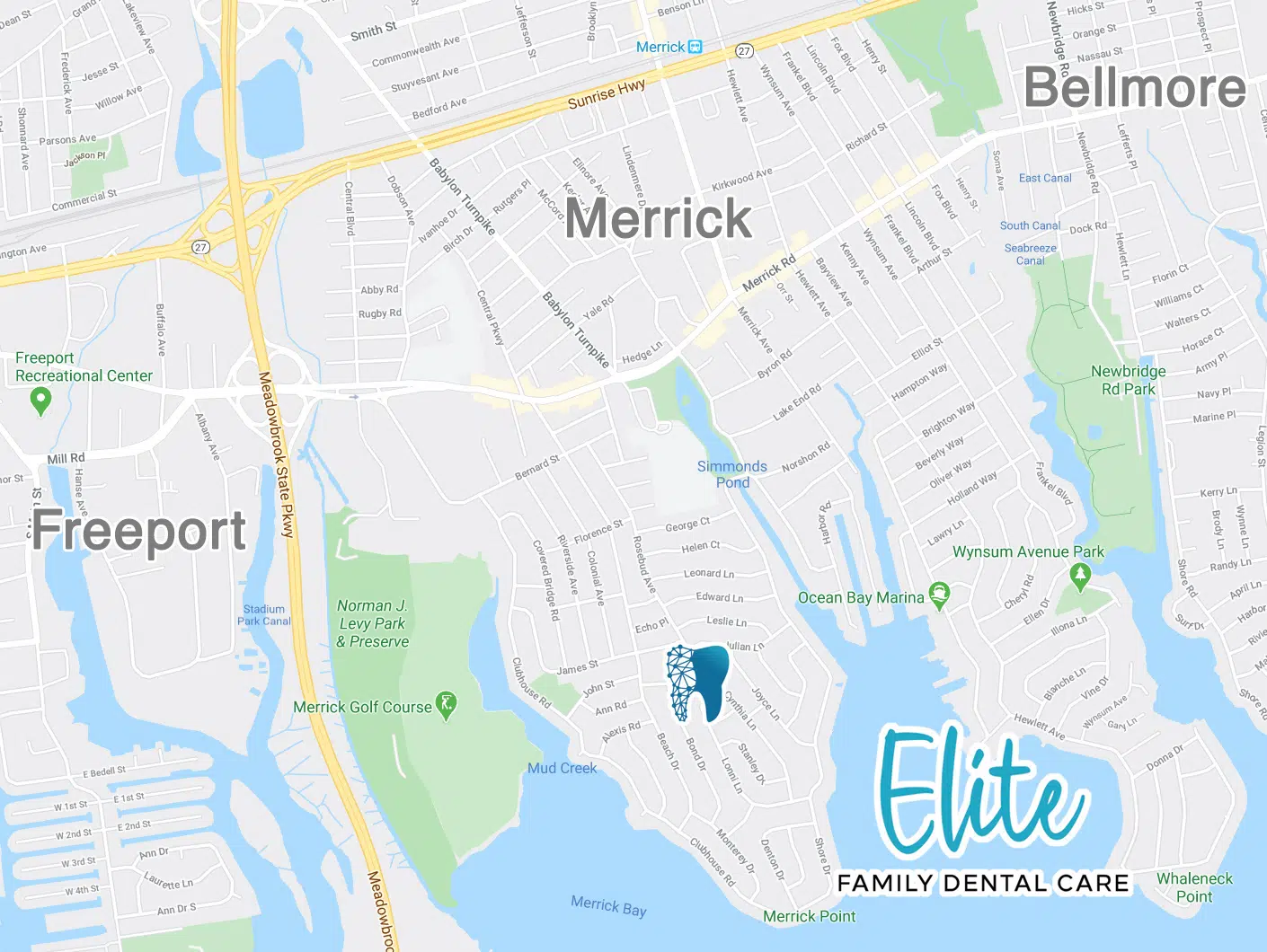
Pediatric dentistry specializes in providing dental care for children and focuses on creating a positive experience for children in a dental setting. In addition to teaching lifelong dental habits for a healthy smile, early dental care is important to take care of your child’s teeth because they aid in speech development, assist with eating and digestion, and help maintain space for permanent teeth.
Preventive and Diagnostic Services
Comprehensive oral evaluation
An oral evaluation is recommended every six (6) months to prevent cavities and other dental problems. During an oral evaluation, a thorough examination of the mouth, head, and neck is performed to detect abnormalities.
Dental cleanings (prophylaxis)
Regular cleanings help keep gums healthy and teeth cavity-free. A dental cleaning includes removal of tartar and plaque and polishing of the teeth to remove stains and prevent further buildup of plaque.
Fluoride treatment
Fluoride is a natural substance that helps strengthen teeth and prevent decay. Fluoride treatments are administered at this office as an important component of pediatric dental treatment. The fluoride is applied to the teeth in a gel, foam, or varnish form.

Digital radiographs
Dental X-rays are a valuable diagnostic tool used to identify decay, extra teeth, bone defects, tumors, cysts and check the progress of previous procedures. Advances in technology now allow for digital X-rays, which reduce radiation exposure more than 50 percent, and produce instant, high-quality images that can be viewed immediately by the dentist and the patient.
Oral hygiene instructions
During a regular check-up, oral hygiene instructions are given to both patient and parent. Good home care can reduce the risk of plaque and tartar build-up which can lead to cavities. Instructions include proper techniques for brushing, flossing, and using mouth rinses.
Dental sealants
Dental sealants are made of a safe resin material which is applied to the surfaces of teeth (commonly permanent molars) to prevent cavities. The sealant material fills in the crevices of a tooth and “seals” off the tooth from cavity-causing agents like food and plaque. The teeth are prepared for the sealant application and the sealant is painted directly onto the chewing surface of each tooth and then hardens. Sealants are applied in one visit.


Interceptive Orthodontics
Habit appliance
A habit appliance is useful to help stop a thumb or finger habit and/or to help re-train an improper tongue position or swallowing pattern. It is sometimes necessary to place an appliance to minimize the harm and distortion the habits or tongue posture can have on teeth. Most habit appliances are banded for adhesion to the back molars and are not removable.
Space maintenance
Space maintainers are used to keep teeth from drifting into an empty tooth space due to early loss of primary (baby) teeth. Baby teeth act as a guide for the eruption of the permanent teeth. A space maintainer is made of stainless steel and/or plastic. It can be removable or fixed to the teeth.
Distalizer/molar rotation
Molar adjustment can be accomplished prior to full orthodontic treatment through the use of a Distalizer. This treatment technique can effectively position molars for bracketing and significantly shorten the patient’s full orthodontic treatment time.
Herbst device
The Herbst appliance is used in conjunction with braces to correct an overbite. Overbite is often caused by the size and position of the lower jaw. The Herbst appliance is generally used for patients between the ages of 10 and 13 years to take advantage of the patient’s natural growth spurt, aiding in the development and positioning of the lower jaw. The appliance is attached with bands cemented to one upper and one lower molar on each side of the mouth, connecting the upper and lower jaws. Gradually, the position of the lower jaw will shift, and the next phase of orthodontic treatment can begin.


